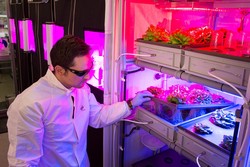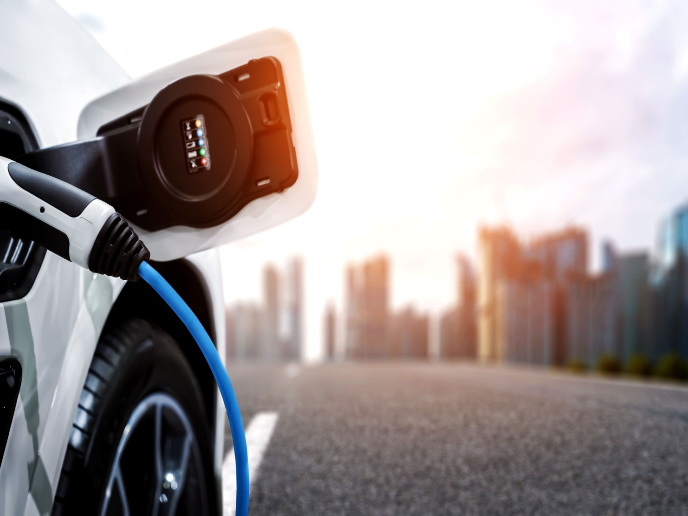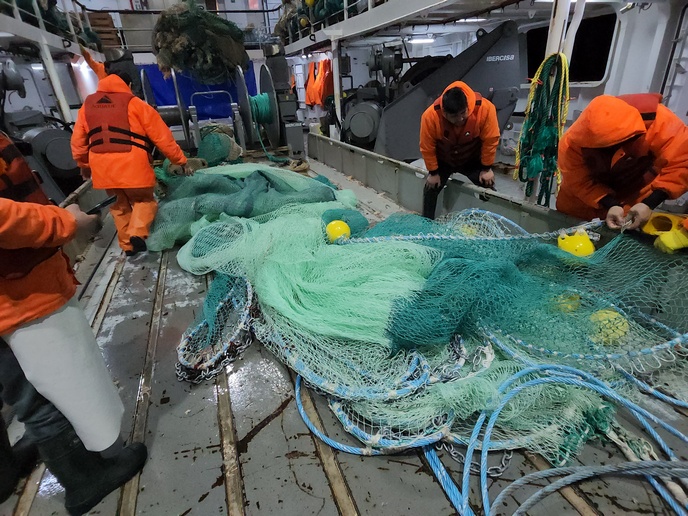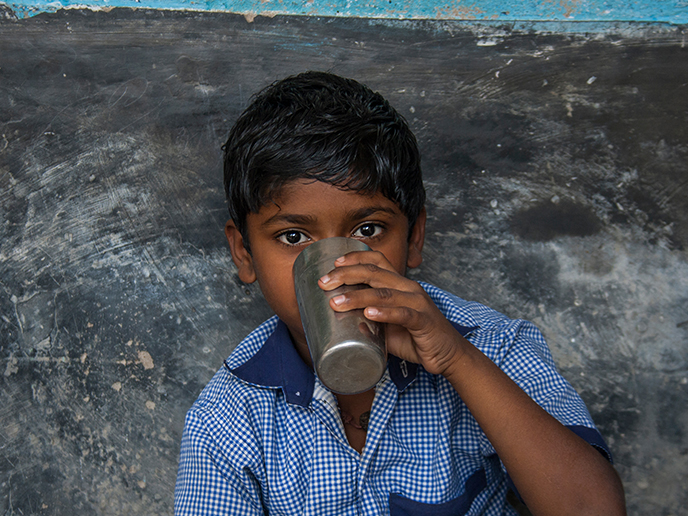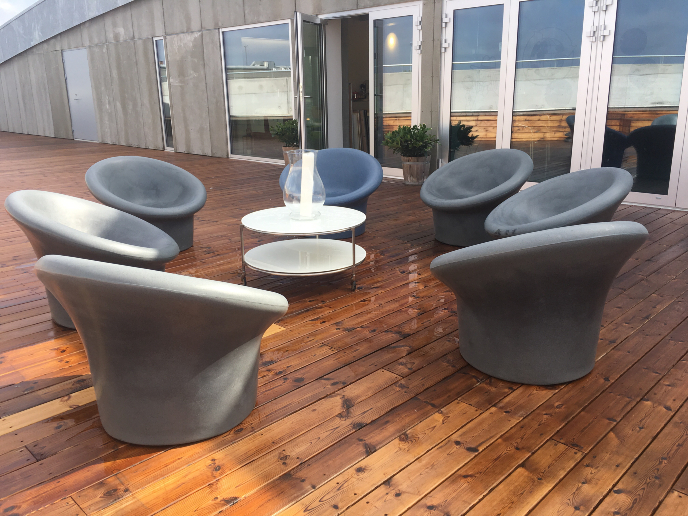Agriculture in space and Antarctica
The CEADSE (Controlled environment agriculture development for space and Earth) project members have advanced nutrient delivery techniques for use in extreme environments (space, Antarctica) where minimising mass, power, volume and waste are of high importance. They also brought new hardware capabilities — horticultural ‘Light-emitting diodes’ (LEDs) and advanced sensors — and the expertise required for their utilisation to the Deutsches Zentrum für Luft- und Raumfahrt (DLR) in Bremen. The Bremen laboratory now has numerous functional plant growth chambers with aeroponic irrigation systems, plant-tailored LED systems incorporating water cooling, ultraviolet disinfection technology, custom monitoring and control systems, and appropriate sensors. ‘Controlled environment agriculture’ (CEA) technologies were also investigated, notably multilevel production systems, advanced nutrient delivery systems, ion-selective nutrient sensors, photosynthetically active radiation-specific LED systems and inner canopy lighting arrays. The operational experience gained with the CEA technologies was applied to the preliminary design of an Antarctic greenhouse module, planned for deployment to the German Antarctic research base, Neumayer Station III. Aspects of a greenhouse-module mass production cycle have been developed and evaluated. These include both preparatory and post-processing procedures and the interfaces to crew habitat infrastructures (particularly the input/output relationships). CEADSE has made major contributions to the EDEN ISS project. Advances include: transition of the Evolution & Design of Environmentally-closed Nutrition-Sources (EDEN) laboratory from a ‘new’ laboratory to a fully functional plant growth facility; sourcing and initial testing of ion-selective sensors within the laboratory; and collection of critical labour and maintenance data. The first EDEN laboratory plant growth trials have been completed, and preliminary Antarctic greenhouse module designs have been published. Antarctic greenhouse-module breadboarding activities have also continued. The result of all these activities is a strong and diverse Antarctic plant production facility consortium.
Keywords
Space, CEADSE, controlled environment agriculture, life support systems, nutrient delivery, plant growth



